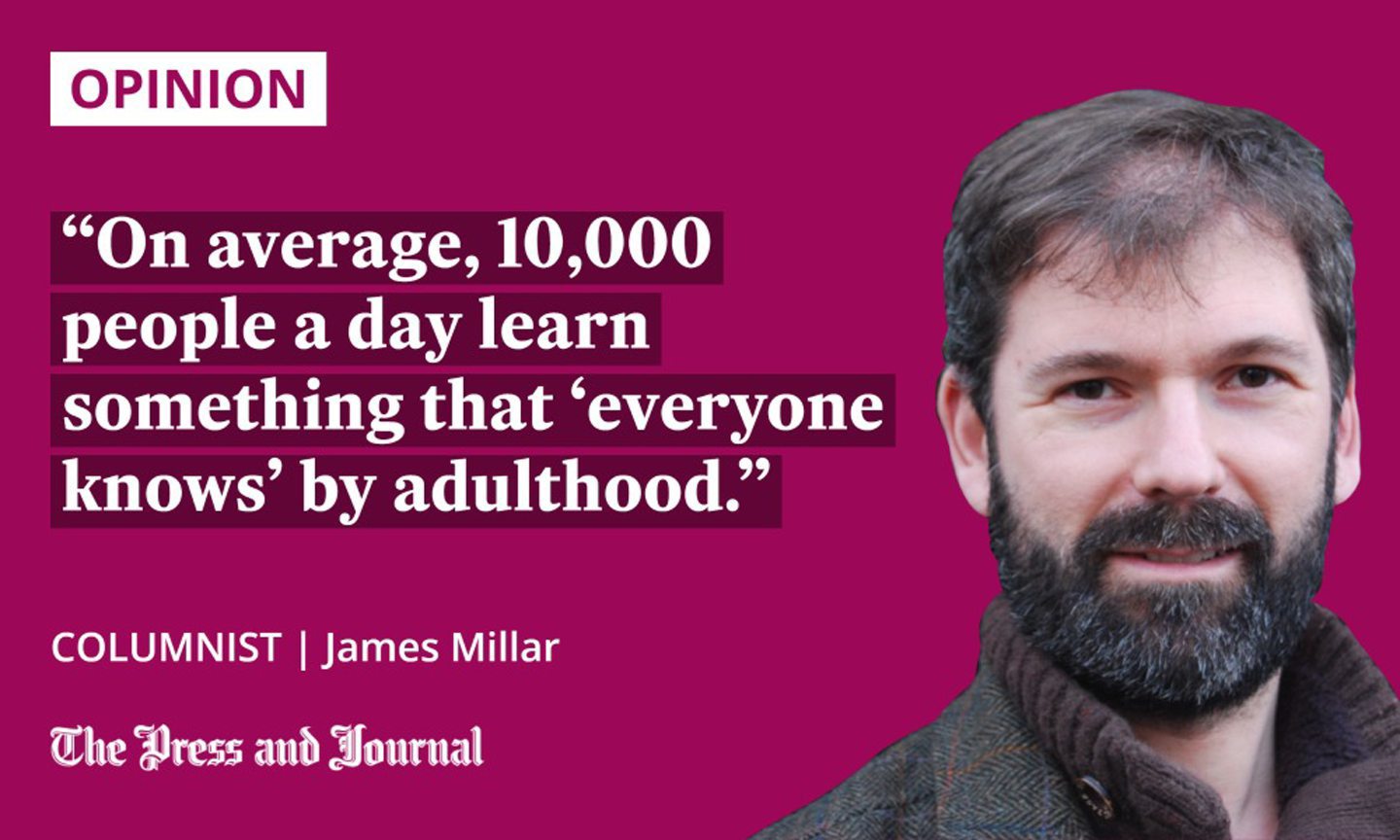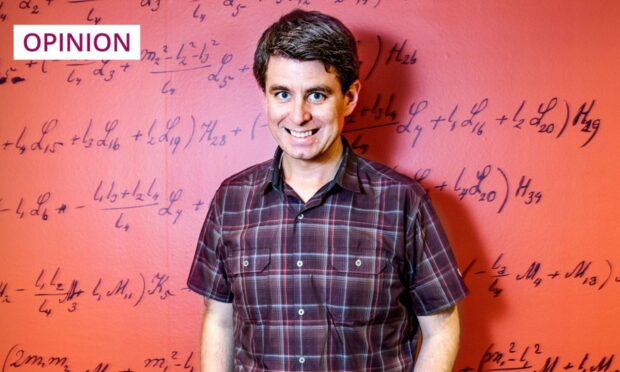If you make fun of people who admit when they don’t know something, you train them to keep it to themselves next time – and that’s a problem for everyone, writes James Millar.
When author Randall Munroe asked for questions from the floor following a recent talk, the response was unusual.
He was set a series of outrageous problems by the audience. What would happen if the universe was full of soup? Why don’t we dispose of the world’s rubbish by firing it at the sun?
The physicist and cartoonist has forged a career and published a series of successful books by applying science to unlikely scenarios.

One of my favourite questions from his most recent What If? book is whether all the world’s bananas would fit in all the world’s churches. (The answer is no, unless there was a person in one of those churches constantly eating a lot of bananas.)
That is one of the more tame enquiries. His audience is weighted towards teenage boys bent on destruction by volcano, train crash or unlikely interplanetary event, and the questions reflect that.
The main thing I learned from hearing him talk is that there’s more to Munroe than that. He could, presumably, carry on raking in cash ad infinitum by modelling his nerd army’s apocalyptic fantasies. But, he went out of his way to make a different point before the show closed.
He explained that, if someone tells you a fact you already know or assumed was common knowledge, then welcome it and have a conversation – don’t mock ignorance, but celebrate learning.
He wants to change thinking, improve engagement and take people with him. He’s even applied maths to this and worked out that, on average, 10,000 people a day learn something that “everyone knows” by adulthood.
Engage and educate, don’t ridicule
While Munroe draws everything back to science, I, inevitably, see all through a political prism.
Just this weekend, there was talk of the government pursuing a Brexit settlement that would give the UK access to the EU’s single market without signing up to freedom of movement.
That’s not how the EU or the single market works. You can’t have one without the other.
If you make fun of people who admit gaps in their knowledge, you train them to keep it to themselves next time
But, in this era of divisive politics, we can go on social media to despair and mock those who have yet to learn this apparently fundamental fact. Or, we can engage, talk, and celebrate that, as that proposal hits the buffers in Brussels, more people are having their understanding of EU and foreign policy expanded.
If you make fun of people who admit gaps in their knowledge, you train them to keep it to themselves next time.
The soup universe and the banana-scoffing pastor may catch the eye but, as so often with scientists, the wisdom of Randall Munroe runs deeper, and he has lessons for everyone.
James Millar is a political commentator, author and a former Westminster correspondent for The Sunday Post

Conversation